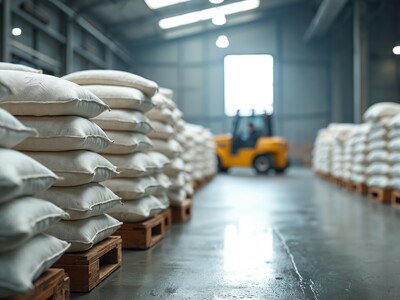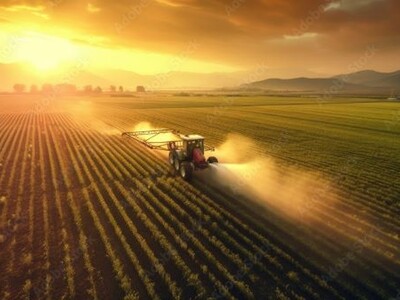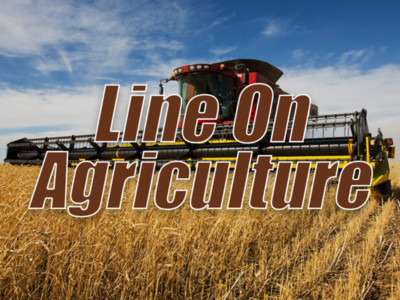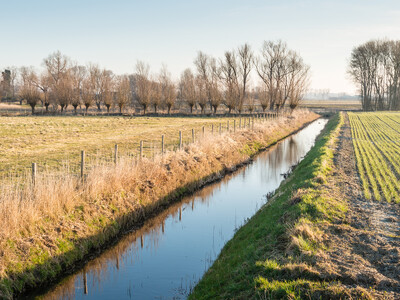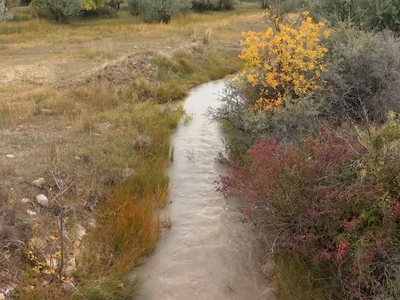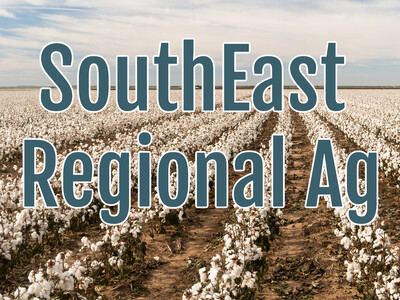Farm Bill Do-Over
Farm Bill Do-Over. I’m Greg Martin with today’s Line On Agriculture.
It seemed easy being a kid. When something went wrong we just called for do-overs. When the so-called Super Committee was hard at work trying to address the federal deficit, it looked like the farm bill was on the fast track to passage. But what happens now that they’ve admitted failure? Do-over?
MOORE: They decided that “we’re not going to reach resolution” and what that did relative to the farm bill deliberations, the so-called “fast-track farm bill”, it stopped. Everything is kind of back to where it was prior to the Super Committee moving forward.
American Farm Bureau Farm Policy Specialist Dale Moore says that means back to the traditional way of writing a farm bill. For farmers and ranchers there’s good and bad in that. Bad, because opponents of farm programs will have more time to attack, but good because they have more time to convince the agriculture committees of the need for a better safety net when catastrophe hits.
MOORE: We were supportive of the fast track process, particularly from our strong commitment to reducing the federal deficit. That’s a top, top priority. Now that we’re back to regular order, there’s opportunity for us to take our strategic risk reduction program and bring that back to the attention of the respective House and Senate agriculture committees and get them to understand why we really want to focus on the catastrophic risk reduction, risk management tools that are essential for our producers.
Moore says it’s also a given that farm programs within the farm bill will be cut by at least $15 billion over 10 years.
MOORE: That’s a significant reduction. That’s going to take some careful managing of the resources that are left to ensure that you have risk management tools, risk management programs that are effective when producers need them. No matter how robust the farm economy is or how challenging it is, there are parts of the country that are doing well and there are parts of the country in terms of ag production that are just having a terrible time with everything that Mother Nature is throwing at them. We need a good solid underpinning of a national program that provides the basic tools for producers to use and tailor to their operations.
He talks about having more time to work on the next farm bill.
MOORE: Time is probably one of the most precious commodities here in Washington. There is never enough time to do everything that you would like to accomplish. On the other hand sometimes there’s way too much time for those forces that are opposed to you to have the opportunity to inject their mischief into the process. I would say where we are back to what most would consider regular order and it can be sort of hare herding, mind numbing approach to go through this step by step.
That’s today’s Line On Agriculture. I’m Greg Martin on the Ag Information Network.




